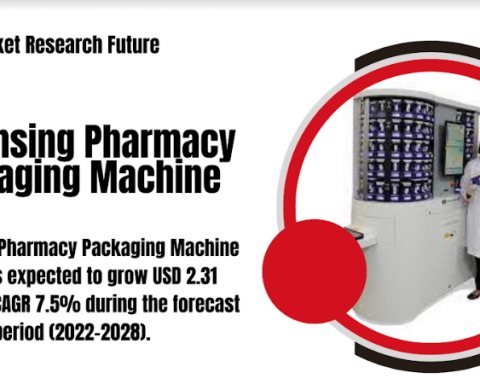The Primary Care Respiratory Society (PCRS) has issued a position statement and recommendations for clinicians on the diagnostic work up of patients presenting with respiratory symptoms while Covid-19 remains in active circulation. The recommendations bring together the cross-functional experience of PCRS members on the safest and most appropriate approach when evaluating patients presenting with respiratory symptoms.
The Covid-19 pandemic has introduced a wealth of challenges for primary care practitioners not least the ability to ensure a comprehensive evaluation that allows an accurate diagnosis to be reached while minimising the risk for cross-infection.
The recommendations from PCRS recognise that certain procedures with the potential for droplet or aerosol formation such as spirometry may not be possible or appropriate under the current situation. This new position statement offers pragmatic advice on diagnosis based on history, physical examination and presenting symptoms.
PCRS recommends that for patients for whom asthma is suspected, a monitored trial of treatment is appropriate, for those with suspected COPD, peak expiratory flow rate (PEFR) can be informative although it is necessary to ensure the patient is well trained to undertake PEFR independently. Confirmatory spirometry can be deferred for when it is considered safe and is readily available. Diagnostic spirometry should be reserved for those in whom the diagnosis is equivocal and is necessary to determine the appropriate treatment course. When testing procedures with the potential for cross-infection are considered necessary, the patient should ideally be referred to a networked respiratory diagnostic service.
Dr Noel Baxter, GP and PCRS Policy Forum Chair said “many practitioners may have concerns about how they can effectively diagnose patients presenting with respiratory symptoms during Covid-19. But it is essential that patients presenting with respiratory symptoms continue to be properly assessed by a healthcare professional.”
Carol Stonham, MBE, RN, MSc, Queen’s Nurse and PCRS Executive Chair, added that “this guidance helps to restate best practice and offers some clarity for practitioners, especially nurses who conduct diagnostic tests including spirometry, as they continue to adapt to the changes and challenging conditions caused by Covid-19.”








